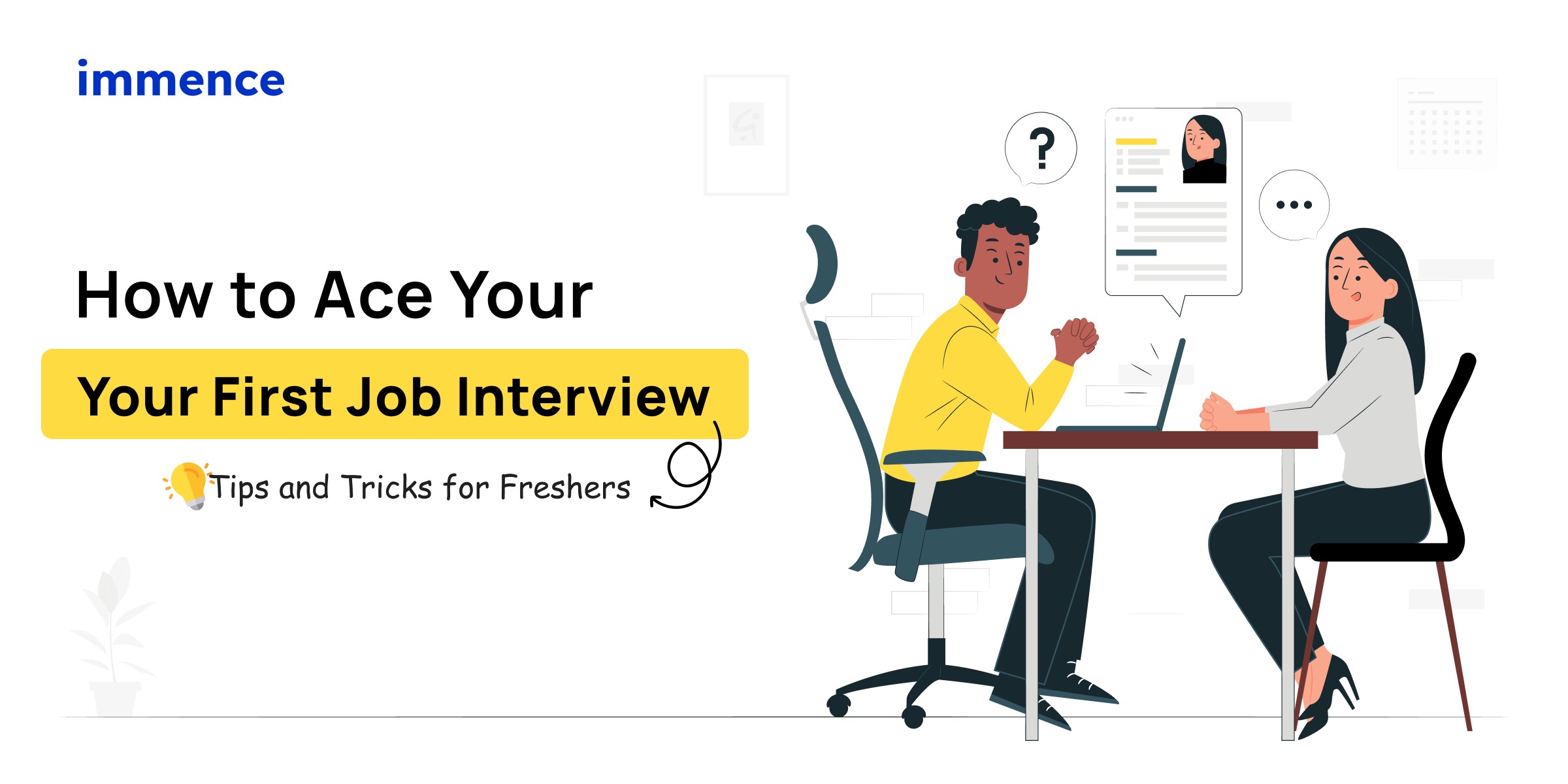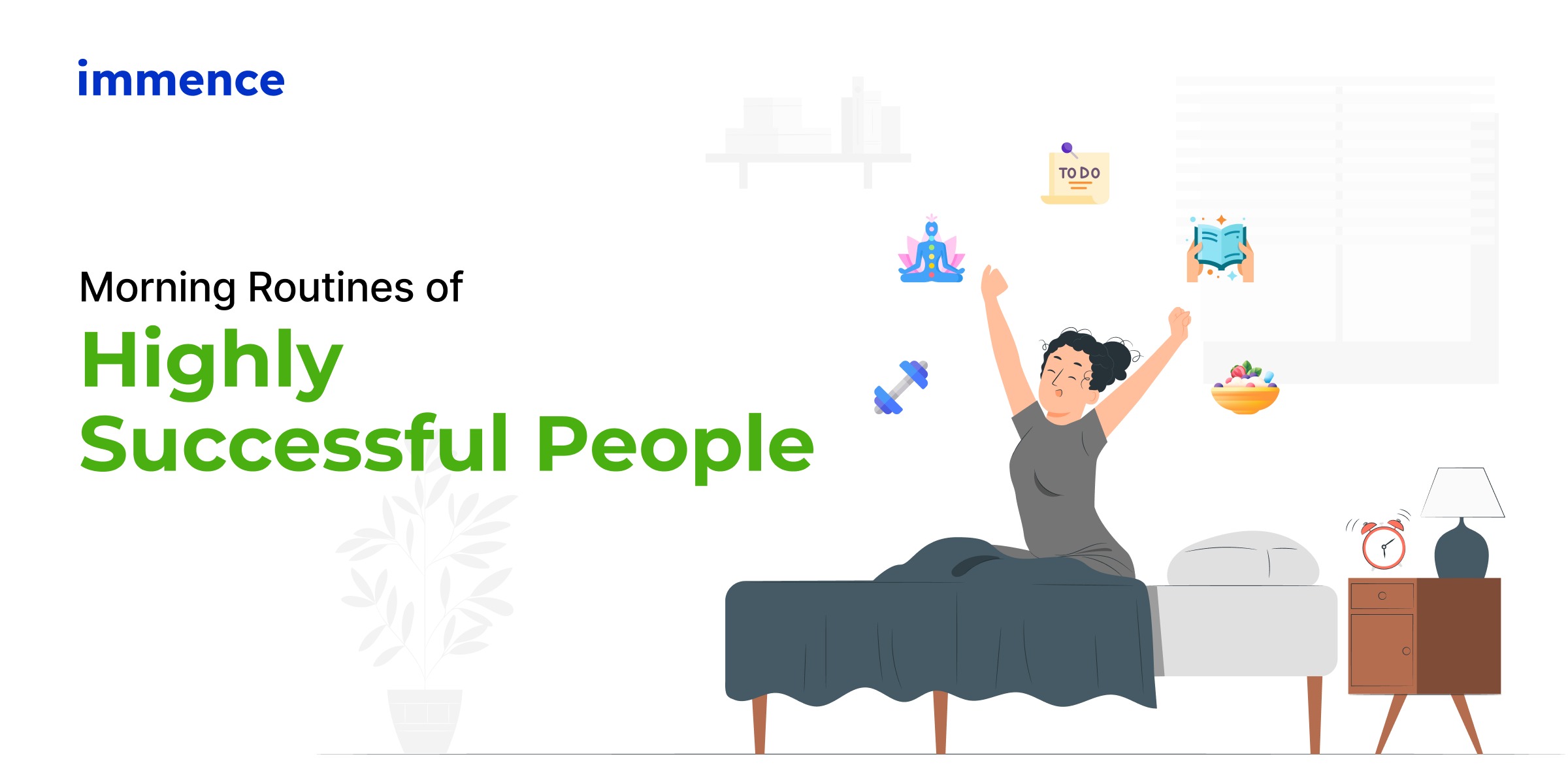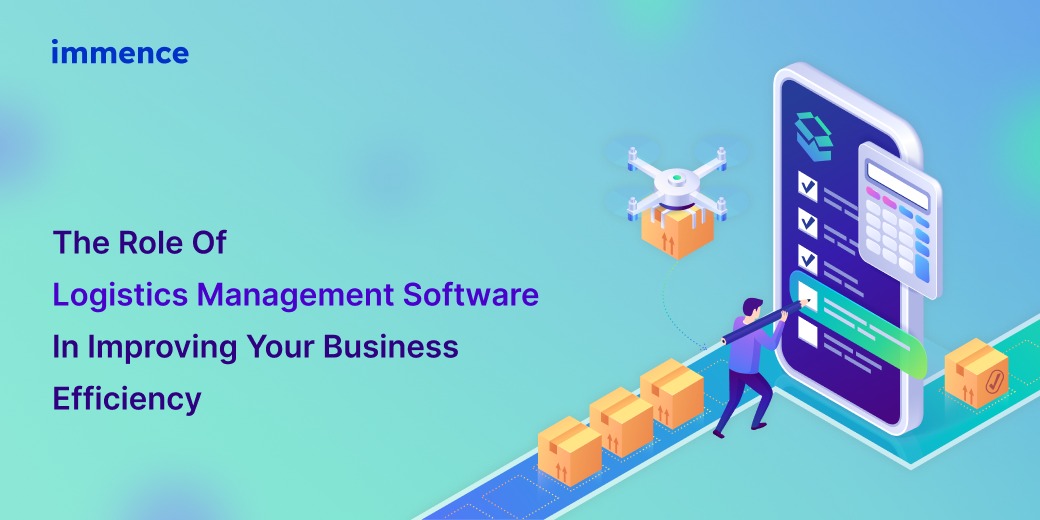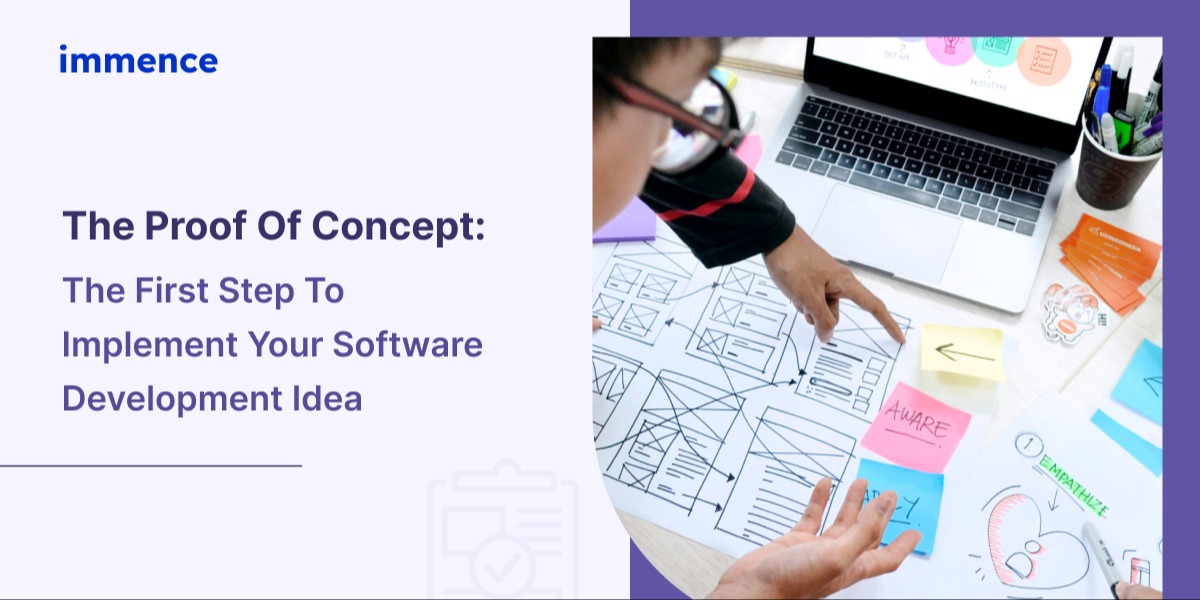How to Ace Your First Job Interview: Tips and Tricks for Freshers in 2025

Graduating from college and stepping into the professional world is a significant milestone, but it comes with its fair share of challenges. Among these, the first job interview often looms as a daunting hurdle. For fresh graduates, the interview is not just a formality- it’s a critical opportunity to make a lasting impression and secure a position that could shape their career trajectory.
It’s natural to feel a mix of excitement and anxiety. Common fears like “What if I don’t know the answer?” or misconceptions such as “The interviewer just wants to find faults” can amplify the stress. But here’s the truth: interviews are as much about showcasing your potential as they are about assessing your fit for the role. With the right preparation and mindset, you can turn your first interview into a stepping stone to success.
Let’s dive into a comprehensive guide to help you ace your first job interview.
1. Preparation
Research the company and the Role
Preparation is the foundation of a successful interview. Start by:
- Exploring the company website: Understand the mission, vision, values, and recent achievements. For example, be familiar with the company's major products or recent breakthroughs if you are interviewing with a tech company.
- Studying the job description: Identify the key responsibilities and skills required. This helps you align your answers to the company’s needs.
- Checking LinkedIn profiles: Review the interviewer’s profile and the company’s recent posts to gain insights into their culture.
- Reading reviews: Platforms like Glassdoor, AmbitionBox can provide employee insights and common interview questions for that company.
Tailor Your Resume and Cover Letter
Your resume and cover letter are your first impression. Ensure they are:
- Customized: Highlight experiences and skills relevant to the job. For instance, if applying for a marketing role, emphasize projects involving data analysis or creative campaigns.
- Error-free: Triple-check for typos or inaccuracies. Tools like Quillbot, Grammarly are of great help for typos errors.
- Visually appealing: Use a clean format that’s easy to read.
Practice Common Interview Questions
Rehearsing helps reduce nervousness. Consider these steps:
- Prepare STAR answers: Use the STAR (Situation, Task, Action, Result) method for behavioral questions. Example: “Tell me about a time you handled a challenging situation.”
- Record yourself: Assess your tone, clarity, and confidence.
- Conduct mock interviews: Practice with a friend or mentor for constructive feedback.
2. Interview Skills
Communication Strategies
Effective communication goes beyond words. Focus on:
- Body language: Sit upright, maintain eye contact, and avoid fidgeting.
- Tone and pace: Speak clearly, avoid rushing, and modulate your tone to convey enthusiasm.
- Listening: Pay attention to questions and ask for clarification if needed.
Building Confidence
Confidence is key to leaving a strong impression. To boost it:
- Prepare thoroughly: Knowing you’re ready reduces anxiety.
- Visualize success: Picture yourself confidently answering questions.
- Practice power poses: Before the interview, standing in a “superhero” pose for a few minutes can elevate confidence.
- Control nerves: Take deep breaths and remind yourself that it’s a learning experience.
3. Common Interview Questions
Here are frequently asked questions for freshers with tips and sample answers:
a. Tell me about yourself.
- Tip: Keep it professional and relevant.
- Example: I recently graduated with a degree in Human Resources Management. During my internship at ABC Organization, I assisted in enhancing the onboarding process and supported recruitment efforts for various departments. I’m passionate about creating inclusive workplace environments and building strong employee relations.
b. What are your strengths and weaknesses?
- Tip: Be honest and frame weaknesses positively.
- Example: My strength is adaptability, I thrive in dynamic environments. A weakness I’m working on is public speaking, and I’ve joined XYZ courses or workshops to improve.
c. Why should we hire you?
- Tip: Emphasize your unique value.
- Example: As a recent HR graduate, I bring fresh perspectives and a strong foundation in recruitment, employee relations, and organizational development. My internship experience honed my skills in onboarding and effective communication. I’m eager to contribute to fostering a positive workplace culture and driving impactful HR initiatives.
d. Where do you see yourself in five years?
- Tip: Show ambition aligned with the role.
- Example: As a fresher, in five years, I see myself growing both personally and professionally, and I’m eager to develop my skills and work towards a position where I can lead initiatives and add value to the team.
e. What do you know about our company?
- Tip: Demonstrate research and genuine interest.
- Example: I know your company is at the forefront of developing innovative software solutions for businesses, with a strong focus on scalability and user experience. I'm excited about the opportunity to contribute to a company that values both technology and customer success.
g. How do you prioritize your tasks when working under pressure?
- Tip: Highlight organization and time management skills.
- Example: When working under pressure, I break down tasks into smaller, manageable steps and focus on the most critical ones first. During exams, I balanced studying and project deadlines by creating a detailed schedule.
4. Questions to Ask the Interviewer
Asking thoughtful questions demonstrates your enthusiasm. Examples include:
- About the role: What does success look like for this position in the first six months?
- Team dynamics: Can you tell me about the team I’d be working with?
- Company growth: What are the company’s biggest goals for the next year?
- Next steps: What are the next steps in the hiring process?
5. Post Interview Etiquette
a. Sending a Thank-You Note
A thank-you note shows appreciation and reinforces your interest. Include:
- Gratitude: Thank the interviewer for their time.
- Highlight key points: Reiterate how your skills align with the role.
- Example: Thank you for the opportunity to interview for the Human Resource Associate Position. I’m excited about the possibility of contributing to your team.
b. Following Up
If you don’t hear back within a week or two:
- Send a polite email: Reaffirm your interest and inquire about the timeline.
- Example: I hope this email finds you well. I wanted to follow up on my application for the Human Resource Associate position. I remain very enthusiastic about the opportunity to contribute to your team.
Conclusion
Your first job interview is more than a test—it’s an opportunity to learn, grow, and showcase your potential. Remember, interviews are a two-way street. While the employer assesses your fit for the role, you also evaluate if the company aligns with your values and goals.
Approach each interview with preparation, confidence, and a positive attitude. Even if you don’t land the job, every interview is a stepping stone towards your dream career. As the saying goes, “Success is not final, failure is not fatal: It is the courage to continue that counts.”
Good luck, and may your journey be as rewarding as the destination!
Eager to start your professional journey? Click here to explore our latest openings and join our team!
Shreya Viradiya
Business Development Executive


